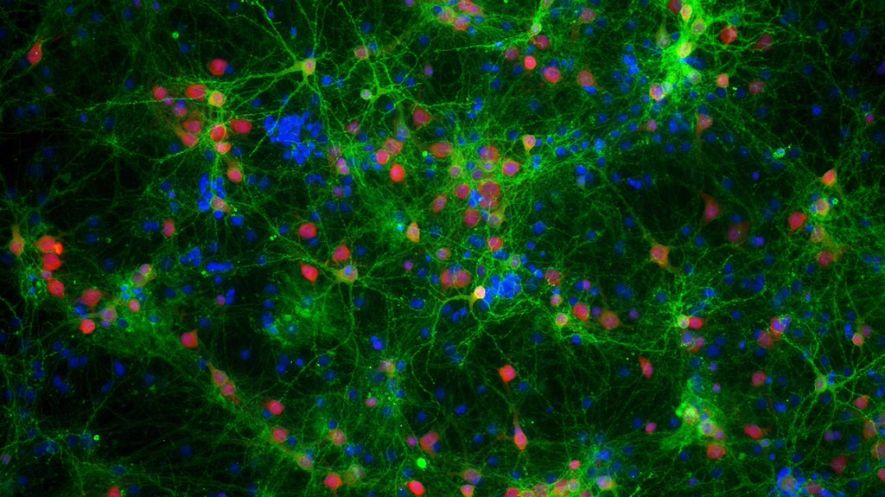This team leaves no neuron unturned, using powerful new analytical chemistry tools to gain unprecedented insights into how animal and human brains function
As you can imagine, life is not very complicated for sea slugs. They use their brains mainly to find food, avoid becoming food and to reproduce. While the human brain and nervous system are wired with hundreds of billions of nerve cells, or neurons, sea slugs can get by with tens of thousands.
Ironically, sea slugs can tell us a lot about the chemistry of the human brain and nervous system. In fact, they are ideal as study subjects for research on learning, memory and how neurons control behavior because sea slugs' neurons form well defined and relatively simple neuronal networks and because they are surprisingly large, giving researchers more material to work with, according to analytical chemist Jonathan Sweedler.
With support from the National Science Foundation (NSF), Sweedler and his team at the University of Illinois are working to develop new measurement tools that enable insights into the function of individual cells in the central nervous systems of slugs and other animals in order to uncover novel neurochemical pathways. In addition to learning more about the chemistry, the team is also discovering molecules that were previously unknown. Ultimately, Sweedler says learning how to turn specific chemicals in the brain on and off could lead to new methods for diagnosing and treating chronic pain, drug addiction and neurological diseases.
This research was supported by NSF award #1111705, Bioanalytical Characterization of D-Amino Acids in the Brain.
Scientists and engineers have studied the brain for decades, yet there are many mysteries that remain unsolved. New research is underway to develop and use cutting-edge technologies to better understand the brain. NSF's goal is to enable scientific understanding of the full complexity of the brain, in action and in context, through targeted, cross-disciplinary investments in research, technology and workforce development. Find out more in this Special Report.



